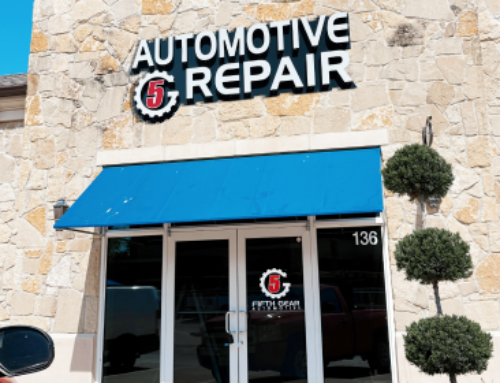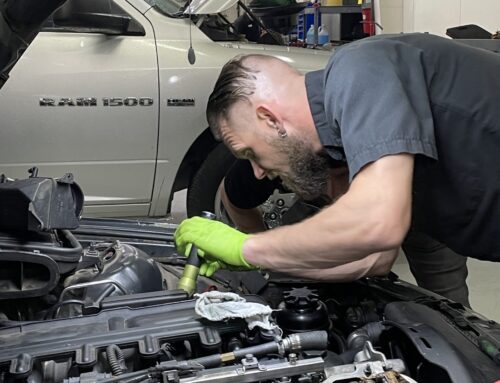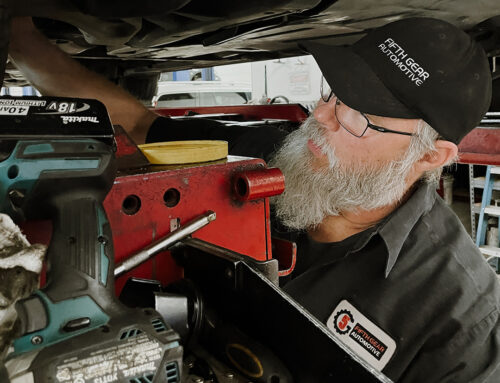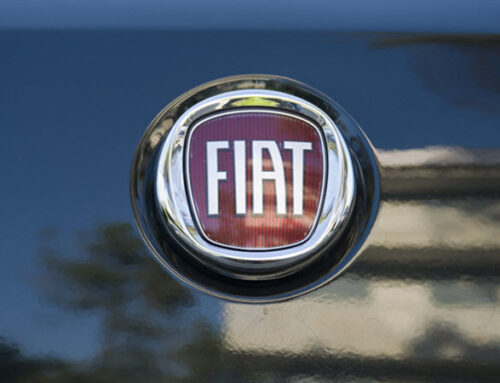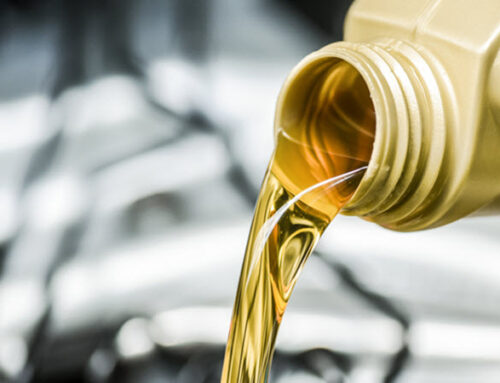Time For an Oil Change
How Important is an Oil Change?
An oil and filter change involves draining out the old motor oil and replacing it with fresh, new motor oil. The oil filter also gets replaced at the same time.
Should I get an oil change when it’s recommended?
In general, yes. Changing your vehicle’s oil is one of the most important things you can do to avoid bringing large bags of money to your mechanic later on.
However, there’s a lot of controversy about exactly when engine oil gets old and how often it should be replaced with new oil. Because there are many factors at work — how you drive, the condition and age of the engine, the external environment you drive in, and stop-and-go versus highway driving — it’s an inexact science. Owner’s manual recommendations for when to get an oil change vary from 3,000 to 10,000 miles.
We recommend that you get an oil change every 5,000 miles. That’s our best estimate. It may be too soon for many people and too late for a few, but for the vast majority, 5,000-mile oil changes will help your engine last to a ripe, old age.
You may want to consider getting an oil change more frequently if:
- You drive like a knucklehead: jackrabbit starts, heavy acceleration or high-speed driving
- You live where the climate is extremely hot or cold
- You often drive on dirt roads
- Your engine is old and burns oil
- You frequently carry heavy loads (several mothers-in-law or other cargo)
Why do I have to do this?
Oil undergoes thermal breakdown due to high operating temperature. When this occurs, the oil becomes less effective as a lubricant. And without a good lubricant (read: expensive), parts of the engine rub together and wear each other out.
Oil also contains additives that have the ability to neutralize acids. Over time, these additives get used up and stop being effective.
Finally, oil can absorb water, dust and combustion byproducts and also hold them in suspension. Eventually, the oil gets saturated with this stuff and can’t absorb any more. Then that stuff remains in the engine and can cause corrosion.
What happens if I don’t do this?
Your engine won’t last as long as it could. Oil serves many crucial functions, and clean oil performs those functions better than dirty oil. Oil is relatively cheap, and changing your oil every 5,000 miles is a very cheap insurance policy against major repairs down the road.
Is there any maintenance required between intervals?
Yes, you need to check the oil level every few hundred miles. With your car parked on a level surface, remove the oil dipstick, clean it on your brother’s best shirt and then reinsert it. Remove it again, and check the oil level.
Ideally, it should be right at the full mark. If it’s at or below the add mark, that means you’re a quart low and should add a quart of oil to the crankcase. If it’s in between the two marks, you can add part of a quart to bring it up to the full mark (the distance between add and full represents a quart, so use that to estimate how much of a quart you need). Be aware, however, that since oil flows slowly when it is cool, the dipstick may not immediately reflect any oil you just added. So estimate the amount of oil you need based on your first dipstick reading, and then check it again later that day or the next day to be sure you’re near the full mark.
A word of caution: Be careful not to overfill your car’s crankcase with oil. If you put in too much oil, the engine’s crankshaft can actually come in contact with the oil. And because the crankshaft is turning at several thousand revolutions per minute, it can quickly whip your oil into a froth — like the steamed milk that sits on the top of a cappuccino. Why is that bad? Well, the oil pump can’t pump froth very well, and as a result, it can’t get oil to the parts of the engine that need lubrication. The result … a hefty boat payment to your mechanic.
If you are low on oil, you can add any grade of engine motor oil you like — though we advise you to use the grade of oil recommended in your owner’s manual.
If you regularly run low on oil, be sure to report it to your mechanic. You may have a leak or may be burning oil — signs that you might be gearing up for a major boat payment to your mechanic.
Car Talk Tip: At some point, every engine starts to burn oil. Get in the habit of checking the oil from time to time, and you just might avoid having your engine melt down one day.


